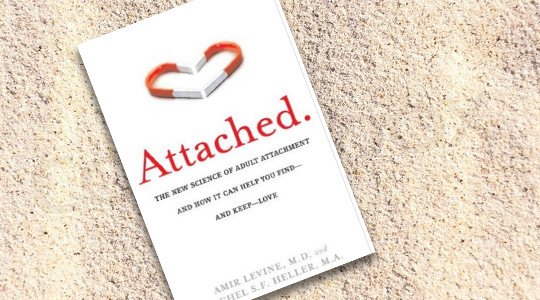What is Dissociation?
Simply put, dissociation is “checking out.” It means that you are less present, less aware of what’s going on around you.
Dissociation is just one of the many, marvelous ways that your physical self protects you from fully experiencing the world around you when things feel too intense or unsafe. Like many of the ways we protect ourselves (seatbelts, masks, full suit of armor), this “protection” can get in the way sometimes.
10 Tips to Help Curb Emotional Eating
When we are stressed, anxious, angry, sad, depressed or an array of other emotions, food can be a source of comfort. Just like many drugs, food provides us with a rush of the “happy hormone” dopamine, which can help us to feel better temporarily. Unfortunately, this comfort is usually very short-lived and does little to address the underlying cause. It also perpetuates more emotional eating and creates a vicious cycle that can lead to guilt, shame, and an unhealthy relationship with food.
Have I Experienced Trauma?
This is a big question, and a loaded one. For some people, it’s meaningful to finally recognize that yes, I fall into this category. Others hold tight to the idea that everything in their lives has been just fine. They don’t want the label.
Resilience
We’d all like to be more resilient. We’d like to be the people who bounce back from anything, always smiling, always thriving, never a tear or a harsh word. Resilient is the gymnast who bounces gingerly on sprained ankles. Resilient is the child who scrambles up with bloody knees and takes off running. Resilient is the divorced friend who immediately starts a new business.
Book Review: Attached
I have been recommending the book, Attached, to lots of clients lately. It’s been around for 12 years now, but seems to be catching on recently. It goes through the three major categories of attachment, giving lots of clear examples of how that shows up in adults and how various combinations work together in relationships.





